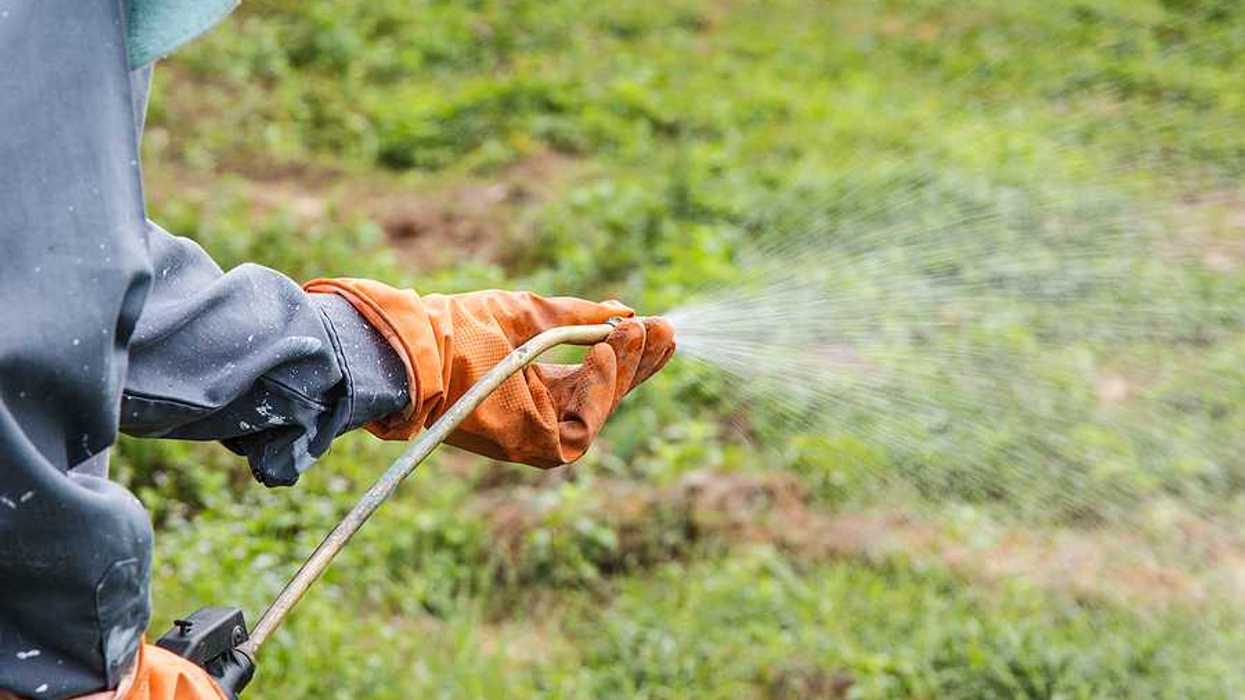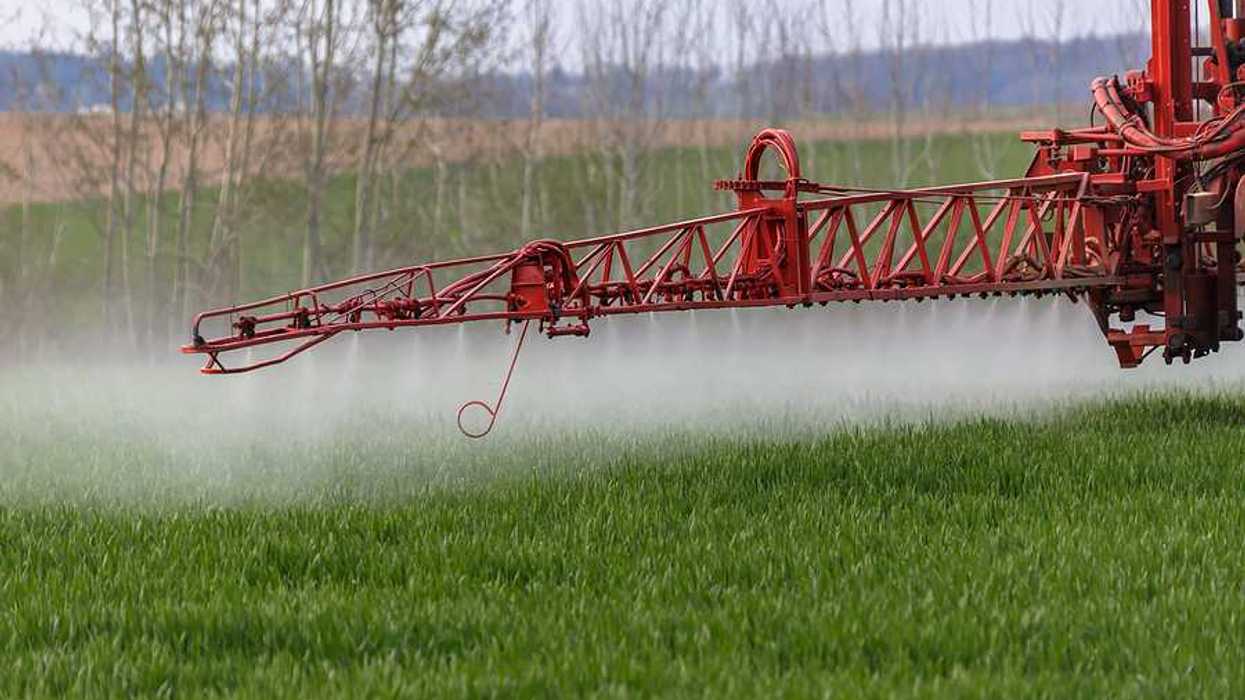French health authorities have warned that pesticides commonly used in farming, homes, and veterinary care may harm the developing brains of unborn babies and young children.
In short:
- France's National Agency for Food, Environmental and Occupational Health and Safety (Anses) issued four major health alerts linking pesticide exposure to brain damage in children, adult cognitive disorders, and increased leukemia risk.
- Substances like pyrethroids and organophosphates, found in insecticides and veterinary products, were identified as particularly concerning for pregnant women and young children.
- Despite known risks, pyrethroids remain widely used in agriculture and household pest control, and Anses has called for public awareness efforts to limit exposure, especially during early development.
Key quote:
"The main source of exposure for the general population is insecticide sprays and plug-in repellents, or collars for dogs and cats."
— Matthieu Schuler, deputy director general of Anses's science division
Why this matters:
Pesticide exposure, even at low levels, can have lasting effects on human health, particularly during critical periods of brain development. Children are more vulnerable than adults because their bodies and neurological systems are still forming. Chemicals like pyrethroids and organophosphates disrupt normal biological processes, with research linking them to cognitive impairments, motor skill delays, and diseases like leukemia. In Europe and globally, regulatory agencies face mounting pressure to reassess pesticide safety standards, particularly as new research continues to expose dangers previously underestimated.
Related EHN coverage: Agricultural pesticide exposure linked to childhood cancers, study says














